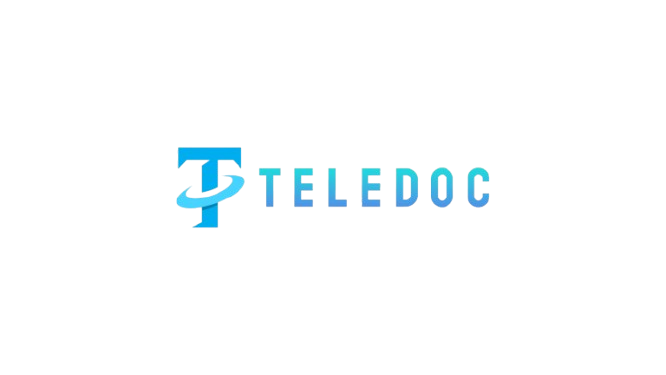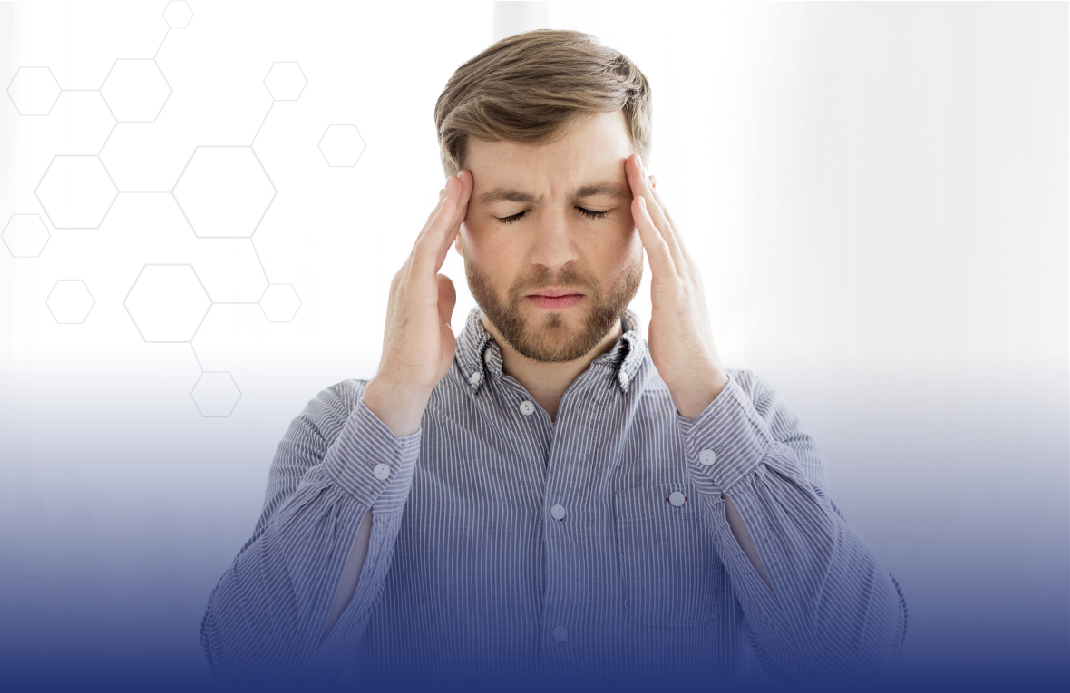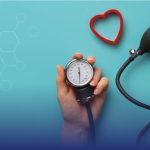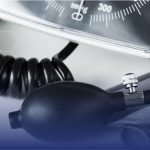ضغط دم مرتفع(ارتفاع ضغط الدم) غالبا ما يطلق عليه "القاتل الصامت" لسببٍ ما. معظم الناس لا يشعرون بقدومه. لا يصاحبه دائمًا أعراض، ولكن مع مرور الوقت، قد يُلحق ضررًا خفيفًا بالقلب والأوعية الدموية والكلى والعينين والدماغ. ما يقرب من نصف البالغين المصابين بارتفاع ضغط الدم لا يدركون ذلك.
لكن بالنسبة لبعض المرضى، يُعطي الجسم إشارات تحذيرية مبكرة لا ينبغي تجاهلها. إن رصد هذه الإشارات مبكرًا يُحدث فرقًا كبيرًا، خاصةً للأشخاص الذين يعانون من السكري, مرض كلويأو مشاكل صحية مزمنة أخرى.
إذا تم تشخيصك حديثًا أو كنت ترعى شخصًا معرضًا للخطر، فإليك ما يجب عليك مراقبته وما يجب عليك فعله بعد ذلك.
- لماذا يعتبر ارتفاع ضغط الدم خطيرًا جدًا؟
ضغط الدم هو قوة اندفاع الدم عبر الشرايين. عندما يظل هذا الضغط مرتفعًا جدًا لفترة طويلة، فإنه يُلحق الضرر بالقلب والدماغ والكلى والعينين. قد يؤدي عدم علاج ارتفاع ضغط الدم إلى مشاكل صحية خطيرة، منها:
- تلف القلب: تصلب الشرايين، الذبحة الصدرية، النوبة القلبية، قصور القلب، عدم انتظام ضربات القلب.
- سكتة دماغية: يحدث بسبب انفجار أو انسداد شرايين الدماغ.
- تلف الكلى: يؤدي إلى الفشل الكلوي.
- تلف العين.
- مشاكل صحية أخرى: أضرار جسيمة للأعضاء الحيوية.
الخطر هو أن معظم الناس لا يشعرون بأي شيء حتى يقع ضرر جسيم.
- هل يمكن أن تشعر بارتفاع ضغط الدم؟
عادةً، لا يُسبب ارتفاع ضغط الدم أي علامات أو أعراض. ووفقًا لـ منظمة الصحة العالمية46% من المرضى الذين يعانون من ارتفاع ضغط الدم لا يدركون أنهم مصابون بهذه الحالة.
مع ذلك، قد يعاني بعض المرضى من أعراض ارتفاع ضغط الدم. عندما يكون ضغط الدم ١٨٠/١٢٠ ملم زئبق أو أعلى، قد تظهر أعراض مثل الصداع، وخفقان القلب، ونزيف الأنف. لا تعني هذه الأعراض بالضرورة ارتفاع ضغط الدم، ولكن لا ينبغي تجاهلها أبدًا. تشمل الأعراض المُبلغ عنها ما يلي:
1. الصداع المتكرر: قد يكون الصداع الخفيف أو النابض، خاصةً في الصباح، مرتبطًا بارتفاع ضغط الدم. إذا كان جديدًا أو متفاقمًا، فمن الجدير بالفحص.
2. عدم وضوح الرؤية أو بقع الرؤية: ارتفاع ضغط الدم في الأوعية الدموية قد يؤثر على عينيك. قد تكون تغيرات الرؤية أو ظهور عوامات العين علامة تحذير.
3. الدوخة أو الدوار: على الرغم من أن الدوخة يمكن أن تأتي من أسباب عديدة، إلا أنها تحدث أحيانًا عندما يكون ضغط الدم مرتفعًا أو متقلبًا بشكل غير عادي.
4. نزيف الأنف: عادةً لا تكون نزيفات الأنف العرضية خطيرة، ولكن النزيف المتكرر أو المفاجئ قد يكون مرتبطًا بارتفاع ضغط الدم بشكل كبير.
5. ضيق التنفس: قد تكون صعوبة التنفس، خاصة أثناء القيام بنشاط خفيف، علامة على أن قلبك تحت ضغط.
6. عدم الراحة في الصدر أو الخفقان: إذا كان قلبك يشعر وكأنه ينبض بسرعة أو يرفرف أو يعمل بجهد أكبر من المعتاد، فقد يكون ذلك استجابة لارتفاع الضغط.
7. التعب أو الارتباك: انخفاض تدفق الدم إلى المخ يمكن أن يؤدي إلى ضباب الدماغ، والتعب، أو حتى صعوبة التركيز.
- متى يجب اتخاذ الإجراء
- التعرف على علامات التحذير وقياسها:
- إذا كنت تعاني من أعراض مثل الصداع الشديد، أو ألم الصدر، أو الدوار، أو مشاكل الرؤية، أو ضيق التنفس (خاصة الأعراض المتعددة معًا), لا تنتظر.
- قم بقياس ضغط دمك على الفور باستخدام جهاز مراقبة منزلي موثوق.
- إذا كانت قراءتك فوق 130/80 ملم زئبق، وخاصة إذا تكررت، اتصل بطبيبك على الفور.
- احصل على فحوصات منتظمة:
فحوصات ضغط الدم جزء أساسي من الرعاية الصحية الروتينية. إذا كنت تعاني من ارتفاع ضغط الدم أو أي مخاطر أخرى لأمراض القلب، فسيوصيك مقدم الرعاية الصحية بإجراء فحوصات أكثر تكرارًا. فرقة عمل الخدمات الوقائية بالولايات المتحدة توصي الإرشادات بتردد يعتمد على العمر والمخاطر:
| من يجب أن يخضع للفحص | عدد المرات | كيفية التحقق |
| لبالغون الذين تبلغ أعمارهم 40 عامًا فأكثر أو لديهم عوامل خطر | كل عام | استخدم جهاز مراقبة ضغط الدم المعتمد؛ قم بأخذ قراءات متعددة أثناء الجلوس والاسترخاء |
| البالغون من سن 18 إلى 39 عامًا مع ضغط دم طبيعي | كل 3-5 سنوات | مراقبة ضغط الدم في المنزل أو المكتب |
| أي شخص لديه ضغط دم 130-139 / 85-89 ملم زئبق | مراقبة أكثر تواترا | التأكيد من خلال قراءات خارج العيادة (على سبيل المثال، المراقبة المنزلية أو المتنقلة) |
- الوصول إلى العروض:
- ليس لديك مزود منتظم؟ ابحث عن فحوصات مجانية في المعارض الصحية المجتمعية أو الموارد المحلية الأخرى.
- الآلات العامة: يمكن استخدام أجهزة قياس ضغط الدم المجانية في المتاجر/الصيدليات، ولكن تختلف الدقة (يعتمد على حجم الكفة الصحيح والاست
- اسأل طبيبك: للحصول على نصائح حول استخدام الآلات العامة بشكل موثوق.
ليس عليك أن تكتشف كل شيء بمفردك. منصة رقمية مثل توت تقدم أدوات مراقبة منزلية، واستشارات افتراضية، ودعمًا مستمرًا لمساعدة المرضى على اكتشاف ارتفاع ضغط الدم وإدارته في وقت مبكر.
- من هم الأكثر عرضة للخطر؟
من المرجح أن تصاب بارتفاع ضغط الدم (وتشعر بآثاره المبكرة) إذا كنت:
- زيادة الوزن أو السمنة، قلة النشاط البدني/قلة التمارين الرياضية
- أكل أ نظام غذائي غني بالملح، وتناول كميات قليلة من الفاكهة/الخضراوات
- لديك أ تاريخ العائلة من ارتفاع ضغط الدم
- العيش مع الإجهاد المزمن
- انتهى 40 سنة
- استخدام التبغ (التدخين، والتدخين الإلكتروني، وعدم التدخين).
- الإصابة بأمراض مثل مرض السكري أو مرض الكلى المزمن.
حتى لو كنت تشعر أنك بخير، إذا كنت في واحدة أو أكثر من هذه المجموعات، فحص ضغط الدم بانتظام.
- الأفكار النهائية: استمع إلى جسدك
قد لا تشعر بارتفاع ضغط دمك، لكن جسمك يُظهر ذلك أحيانًا. لا تتجاهل الصداع أو الدوار أو التعب غير المعتاد، خاصةً إذا كنت أنت أو أحد أحبائك يُعاني من مرض السكري أو أمراض الكلى أو مخاطر القلب.
كلما تحركت مبكرًا، كان بإمكانك حماية صحتك بشكل أفضل. العادات اليومية، والمراقبة الذكية، وأدوات مثل منصة بلوبيري لرعاية ارتفاع ضغط الدم يمكن أن يساعدك في اكتشاف المشكلة قبل أن تقع لك.



